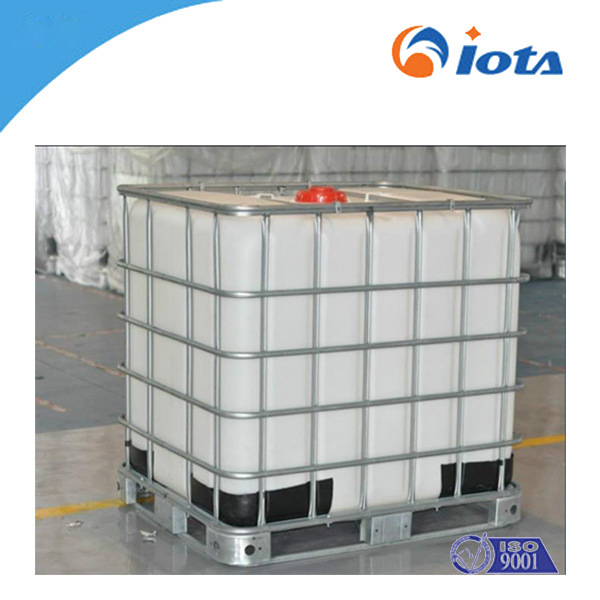Hits: 917 img
 These excellent properties of silicone resin have led to its wide application in many fields. In the electrical insulation field, it is an ideal insulating varnish for impregnating Class H motor and transformer coils and can also be used to make motor bushings, electrical insulation windings, etc.; in the coating field, with its excellent heat resistance, cold resistance, weather resistance, and water - repellent properties, it becomes the basic raw material for heat - resistant coatings and weather - resistant coatings, providing long - lasting protection for the surface of objects; in the adhesive field, polysiloxane - type silicone resins can be used for bonding metals, ceramics, and other materials; in the plastic field, it is used to manufacture heat - resistant, insulating, flame - retardant, and arc - resistant organic silicone plastics.
The synthesis of silicone resin usually uses a mixture of organochlorosilanes or organoethoxysilanes as raw materials and is prepared through hydrolysis and polycondensation reactions. During the curing process, it needs to be heated or with the help of a catalyst to transform into a three - dimensional network - structured thermosetting resin. However, silicone resin also has some drawbacks, such as poor film - forming properties, high curing temperature and long curing time, inconvenience for large - area construction, and poor adhesion of the coating film to the substrate. But with the continuous progress of science and technology, research on the modification of silicone resin is also ongoing. Through physical and chemical methods, its performance is continuously improved, and its application scope is constantly expanding.
With its unique properties and wide applications, silicone resin occupies an important position in the field of materials science, provides strong support for the development of many industries, and will surely shine in more fields in the future.
These excellent properties of silicone resin have led to its wide application in many fields. In the electrical insulation field, it is an ideal insulating varnish for impregnating Class H motor and transformer coils and can also be used to make motor bushings, electrical insulation windings, etc.; in the coating field, with its excellent heat resistance, cold resistance, weather resistance, and water - repellent properties, it becomes the basic raw material for heat - resistant coatings and weather - resistant coatings, providing long - lasting protection for the surface of objects; in the adhesive field, polysiloxane - type silicone resins can be used for bonding metals, ceramics, and other materials; in the plastic field, it is used to manufacture heat - resistant, insulating, flame - retardant, and arc - resistant organic silicone plastics.
The synthesis of silicone resin usually uses a mixture of organochlorosilanes or organoethoxysilanes as raw materials and is prepared through hydrolysis and polycondensation reactions. During the curing process, it needs to be heated or with the help of a catalyst to transform into a three - dimensional network - structured thermosetting resin. However, silicone resin also has some drawbacks, such as poor film - forming properties, high curing temperature and long curing time, inconvenience for large - area construction, and poor adhesion of the coating film to the substrate. But with the continuous progress of science and technology, research on the modification of silicone resin is also ongoing. Through physical and chemical methods, its performance is continuously improved, and its application scope is constantly expanding.
With its unique properties and wide applications, silicone resin occupies an important position in the field of materials science, provides strong support for the development of many industries, and will surely shine in more fields in the future.